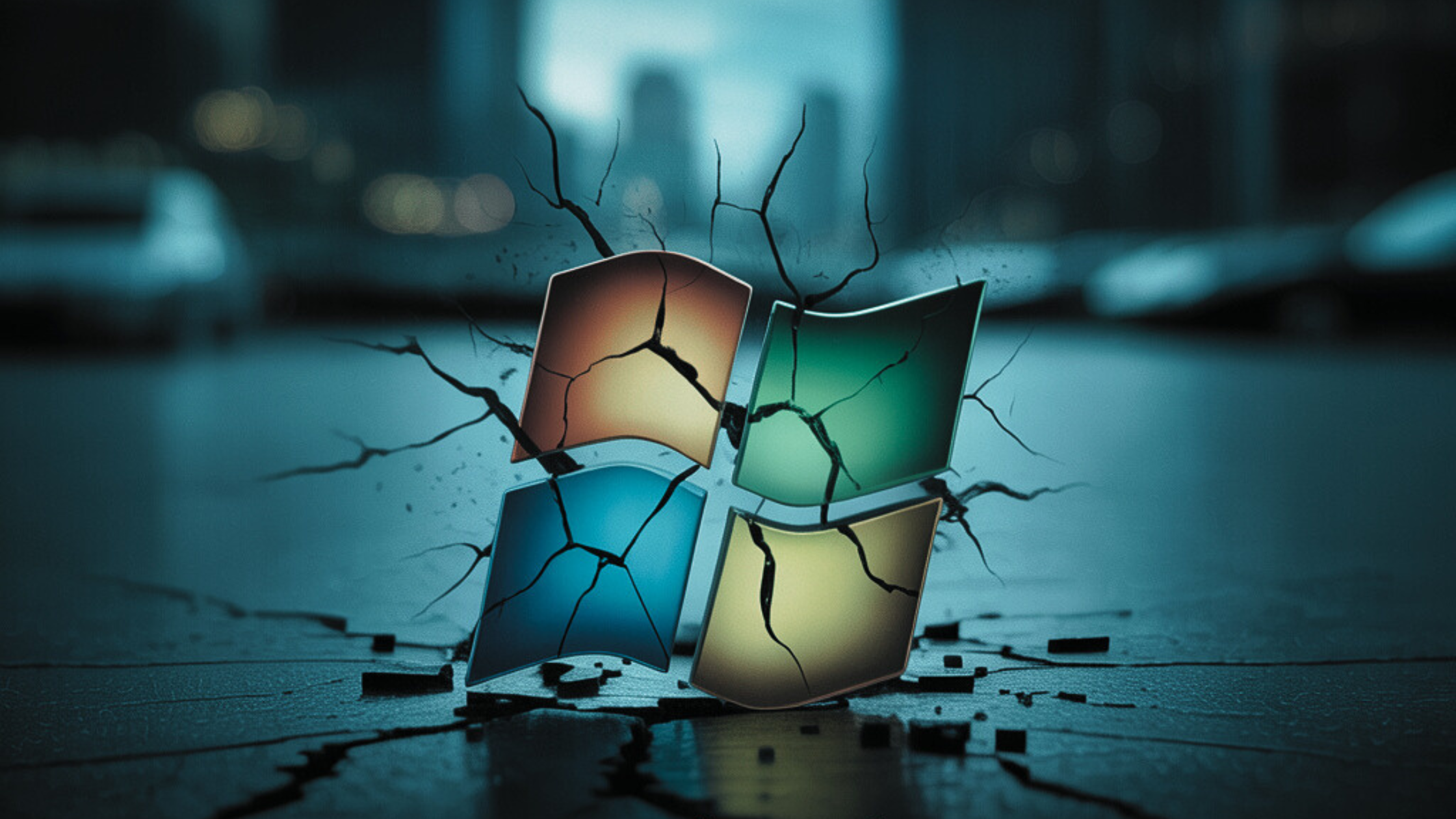
We have discussed in many other blog posts how the COVID 19 pandemic has pushed more of society online. One field of IT that has grown tremendously because of this push is cloud computing. Simply defined, cloud computing is the accessing of computer services through the internet with little to no need to have local hardware in place for data storage. Many public cloud users who own businesses find themselves no longer having to purchase hardware to maintain their IT Infrastructure. Instead, they can rely on the servers of cloud vendors such as Google or Amazon to hold their data for them. The cloud option often ends up being cheaper and more efficient. Aside from business, even in the social scene, people can rest easy knowing that they can post pictures and videos on sites such as Facebook or Youtube that will be permanently stored on the cloud. In this blog, we discuss some of the most recent developments of cloud computing as well as what may be on the horizon.
Cloud infrastructure is obviously helpful when it comes to big companies that have locations all over the world that need to store data for their employees to access. However, more and more small to medium-sized companies are finding themselves having to rely on cloud computing given the increase in work-at-home setups brought about by the pandemic. 2021 has also seen a great number of people quitting their jobs. One of the biggest reasons why these people have quit their jobs was due to the inability to work from home. Therefore, a lot of companies, including small to medium-sized businesses, are finding themselves implementing work-at-home setups to bring workers back and the pathway to doing that is investment in cloud computing. Financial investment in cloud computing is projected to increase by 47% from 2020 to 2022.
One of the most significant developments in cloud computing, which is also a highly debated topic, is edge computing. Edge computing metaphorically refers to the “edge” of the cloud. It relies on the local storage of data for end-users rather than relying on a centralized network cloud. Thus, edge computing can be thought of as decentralizing the cloud. The big debate is about whether edge computing will replace cloud computing, and which is better. However, this leads to confusion about what the cloud and edge actually are. They are not necessarily diametrically opposed. Edge computing is more of a specific way of doing cloud computing, that is, concentrating on the “edge” of the cloud. In fact, edge computing almost always happens within a cloud infrastructure. Companies that are now using edge computing usually have a strong local edge infrastructure that is able to keep running if the larger centralized cloud ends up failing. In this way, edge computing serves to compensate for network failures of the larger cloud. Thus, edge computing helps implement cloud computing rather than doing away with it. Edge has practical applications for areas that need to have hyper-focus on what is going on locally and cannot afford a network failure to compromise their activity. It is for this reason that we may see edge computing become a new driving force in the development of self-automated cars.
As more companies invest in cloud computing, it is likely that edge computing capabilities will grow right along with it. Hopefully, it will enable people to be more efficient and independent. 2022 should be a big year for seeing where this technology will take us.






